His followers and top politicians commemorated Alparslan Türkeş on the 27th anniversary of the death of the man who raised the profile of Turkish nationalism in the second half of the 20th century. President Recep Tayyip Erdoğan, who visited Türkeş’s tomb on Thursday, was among those paying tributes. Türkeş is the founder of the Nationalist Movement Party (MHP), the ally of Erdoğan’s Justice and Development Party (AK Party).
Known as “Başbuğ,” or “the Leader,” among his followers, Türkeş was born Ali Arslan in Cyprus in 1917. He later changed his name to Alparslan, after the legendary Seljuk sultan who cemented Turkish presence in Anatolia with a 1071 battle against the Byzantine Empire. A career officer, Türkeş was a first lieutenant when he was imprisoned for his nationalist activities in 1944. After nine months in jail, he was released and acquitted. But his moment in the spotlight came during the 1960 coup. Türkeş was the colonel who declared the coup on public radio on May 27, 1960. He served as a prime ministry adviser in the post-coup government before falling out with putschist officers. He and other dissidents of the putschists were exiled. When he returned from exile three years later, Türkeş sought to establish a nationalist party but ended up in jail upon accusations of a coup attempt against putschists. He was released and acquitted again.
In 1965, he joined the Republican Villager Nation Party (CKMP) and that same year, he was elected as chairperson. The CKMP was renamed as the Nationalist Movement Party (MHP) in 1969 and adopted its current emblem, three crescents. Under Türkeş, the MHP left its mark in Turkish politics as the ultimate bastion of nationalists and Türkeş rose to the rank of deputy prime minister in coalition governments of the 1970s.
Türkeş was already an influential figure among the youth opposing Marxist and Communist movements flourishing in the 1960s and introduced his “Nine Lights” doctrine to a growing nationalist movement that found itself at the heart of political and social turmoil in the 1970s. Nationalists lost several members to clashes and assassinations in that decade. When the 1980 coup, seemingly to end the turmoil, swept up politics, Türkeş found himself once again the target of a military junta. He spent more than four years in prison while the junta sought a death sentence for the politician and some 218 other nationalists. He was released from prison in 1985. After the end of his political ban by the military junta, he returned to politics and was elected a lawmaker in 1991. Six years later, he died of a heart attack at the age of 80. His funeral in the capital Ankara drew thousands of people from around Türkiye.

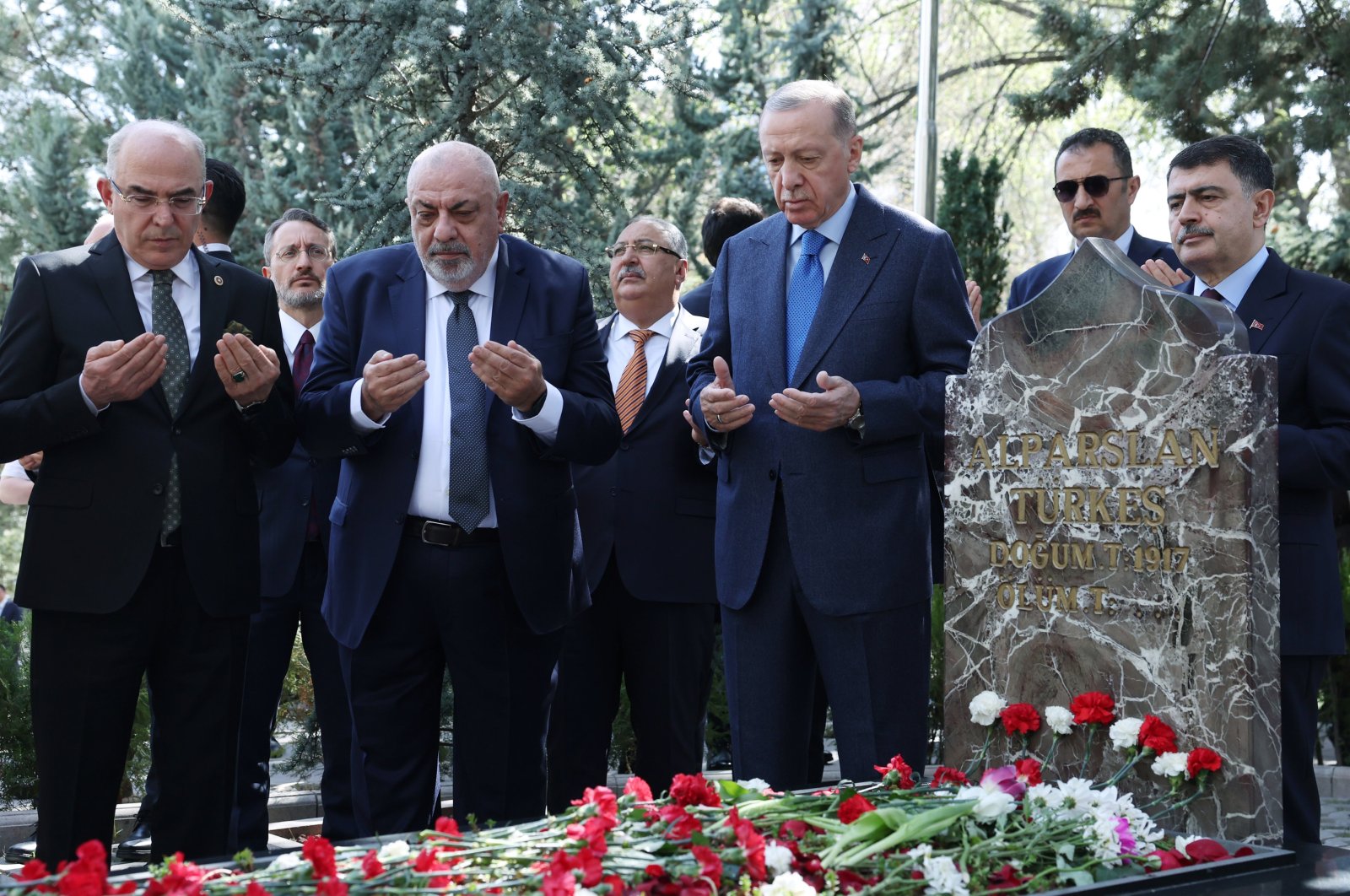

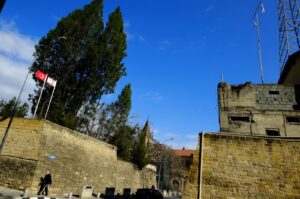


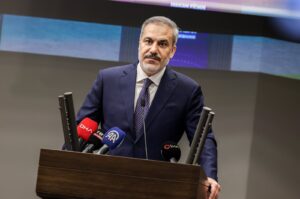

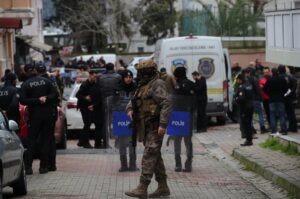

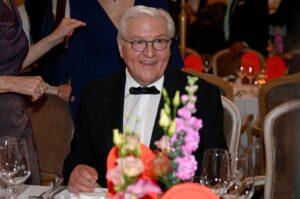

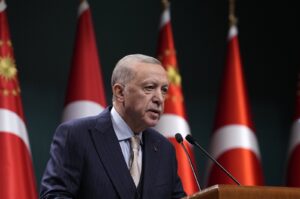
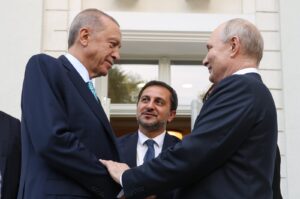
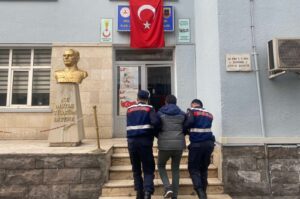
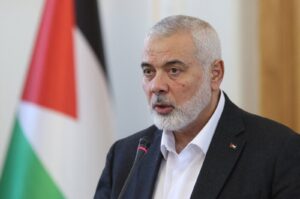
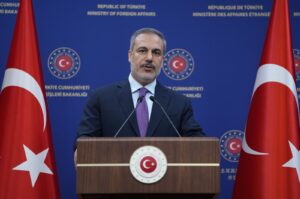


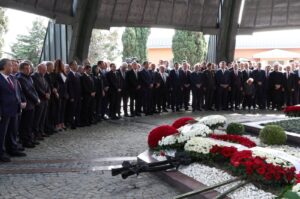
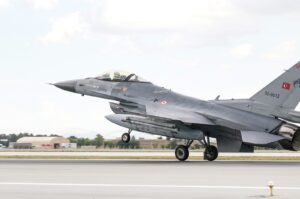
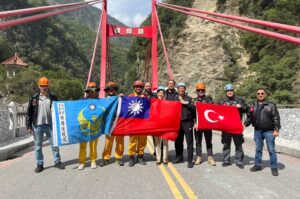
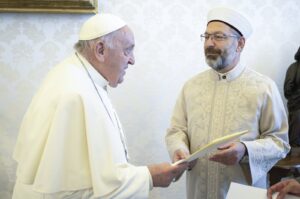


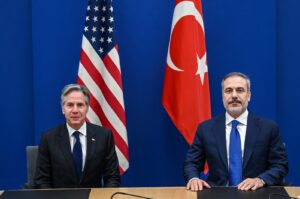
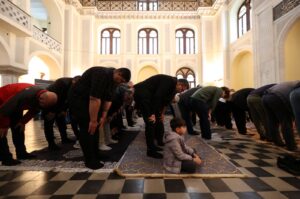



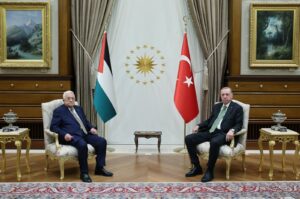

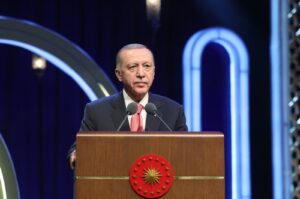

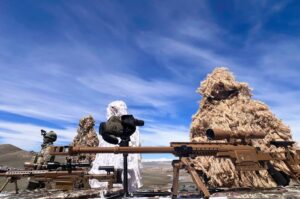
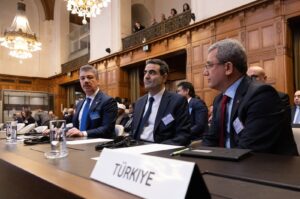
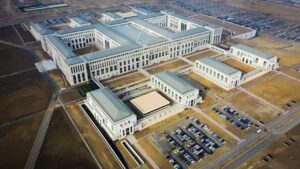

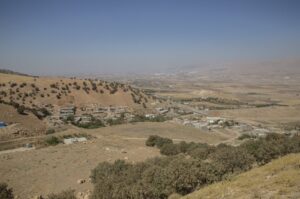
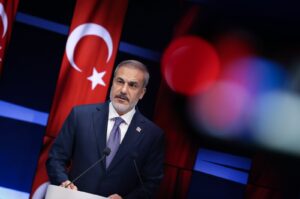

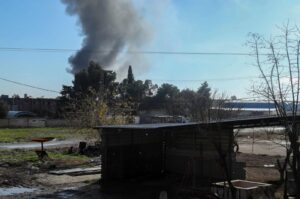

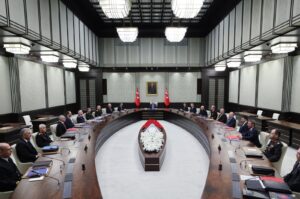
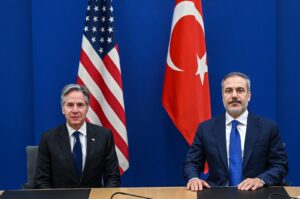
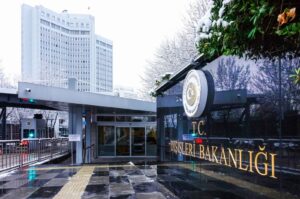
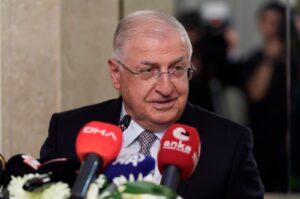

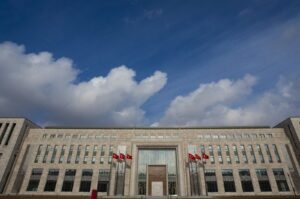
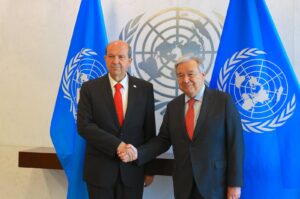
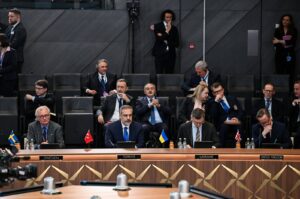

Be First to Comment